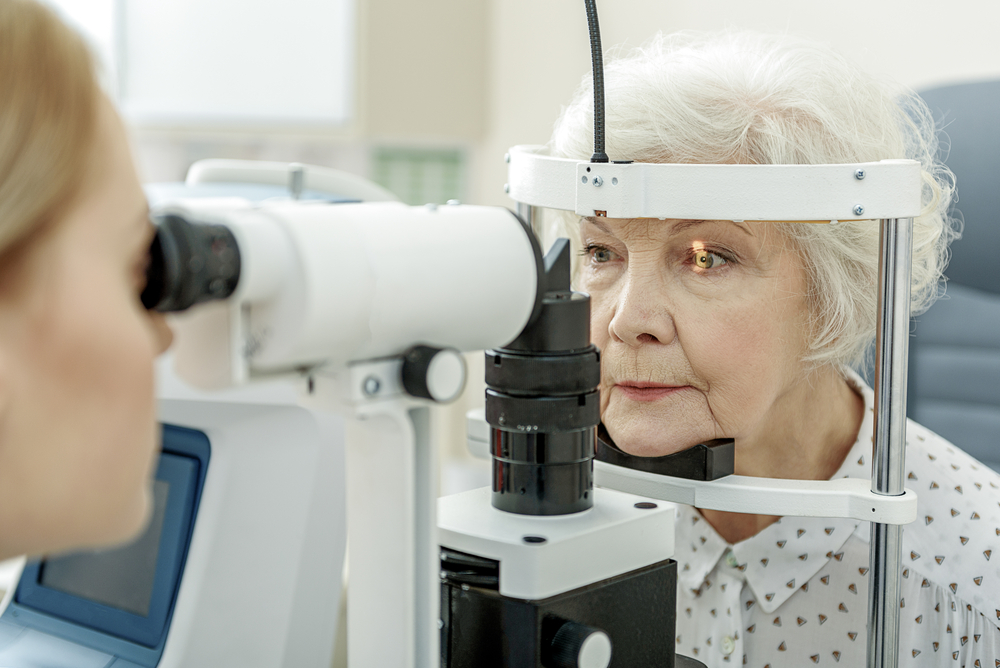
Glaucoma is one of the leading causes of irreversible blindness worldwide, yet many people remain unaware they have the condition until significant vision loss has occurred. Often referred to as the "silent thief of sight," glaucoma can develop gradually without noticeable symptoms in its early stages. The best way to protect your vision is through regular glaucoma screenings, which can detect the disease early and help prevent permanent damage.
Understanding Glaucoma and Its Impact
Glaucoma is a group of eye diseases that cause damage to the optic nerve, typically due to increased intraocular pressure (IOP). The optic nerve is responsible for transmitting visual information from the eye to the brain, and when it becomes damaged, vision loss occurs.
There are several types of glaucoma, with the two most common being:
• Primary Open-Angle Glaucoma (POAG): The most prevalent form, it develops slowly and painlessly, often without any early warning signs.
• Angle-Closure Glaucoma: This type can develop suddenly and cause severe eye pain, blurred vision, nausea, and headaches. It is considered a medical emergency that requires immediate treatment.
Risk Factors for Developing Glaucoma
While glaucoma can affect anyone, certain risk factors increase the likelihood of developing the condition, including:
• Age (especially over 60)
• Family history of glaucoma
• High eye pressure (IOP)
• African, Hispanic, or Asian descent
• Diabetes, hypertension, or heart disease
• Long-term use of corticosteroids
The Importance of Regular Glaucoma Screenings
Because glaucoma often develops without symptoms, regular screenings are essential for early detection. During a comprehensive eye exam, your optometrist can perform several tests to assess your risk and determine if you have glaucoma. These tests include:
• Tonometry: Measures intraocular pressure (IOP).
• Ophthalmoscopy: Examines the optic nerve for signs of damage.
• Visual Field Test: Detects any loss of peripheral vision.
• Pachymetry: Measures corneal thickness, which can affect eye pressure.
• Optical Coherence Tomography (OCT): Provides detailed imaging of the optic nerve.
How Early Detection Helps Prevent Vision Loss
Glaucoma-related vision loss is irreversible, but early diagnosis allows for effective management. If detected early, treatment options such as prescription eye drops, laser therapy, or surgery can help slow or prevent further progression of the disease. The goal of treatment is to reduce intraocular pressure and protect the optic nerve from further damage.
Take Charge of Your Eye Health
Regular glaucoma screenings are an essential part of maintaining lifelong vision. Since the disease can develop without warning, routine eye exams are the best defense against potential blindness.
Contact Eye & Vision Center to schedule your glaucoma screening and protect your vision. Visit our office in Pleasant Hill, California, or call (925) 232-8500 to book an appointment today.




